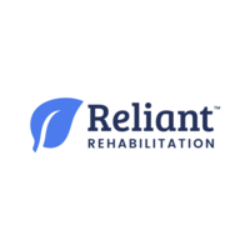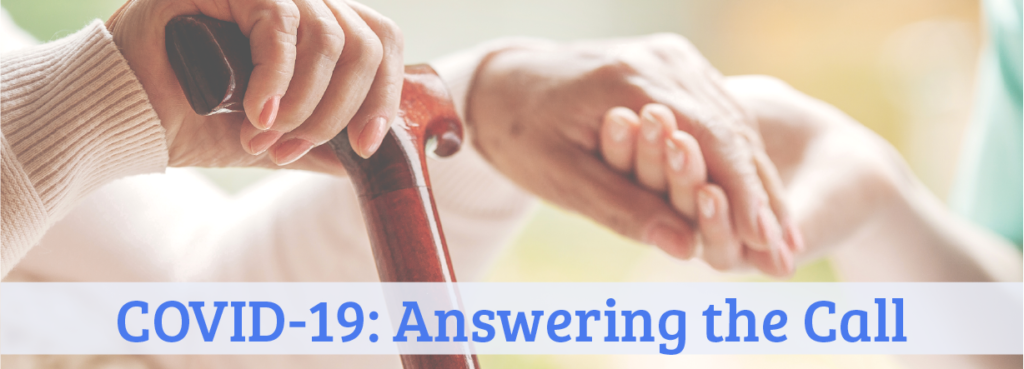
The COVID-19 pandemic introduces unique considerations related to patient-specific care plans, the execution of trauma-informed care (TIC) and the implementation of protocols to prevent disease transmission allowing for the continued provision of quality care. In order to incorporate TIC, each patient’s unique history, specifically those relevant to the current environmental demands, should be addressed with strategic care planning.
Interdisciplinary teams must help alleviate the unintended consequences of social isolation and source control strategies (i.e. face mask use) while in pursuit of infection control. Now, more than ever, we must be familiar with our residents and newly admitted patients, their histories, potential triggers and preferences in order to develop and employ patient-specific TIC successfully.
Consider the following strategies:
- Determine the health literacy of each resident/patient and provide education concerning infection control and prevention at their level of understanding to the diminish potential for new trauma
- Adapt protocols as necessary and modify care plans accordingly to prevent re-traumatization.
- Provide patients reassurance as often as necessary that protocols in place are in their best interest.
- Address needs for a sense of normalcy by developing new routines, roles, and habits.
- Mitigate the psychosocial effects of isolation through creative implementation of activities to promote socialization and engagement.
- Utilize technology to facilitate connections with family and friends, when possible.
There are no shortages of avenues for success with TIC, but communication is critical for them all. At its core, TIC requires communication with the patient and their designated representative for historical knowledge and care plan updates. It takes each member of the interdisciplinary team offering specific insight resulting from their familiarity with the patient, to develop a thorough and comprehensive care plan for the individual that accomplishes preventing traumatization or re-traumatization. Do not diminish the explicit value each member brings as their contribution may very well be the one to enable positive patient outcomes.


